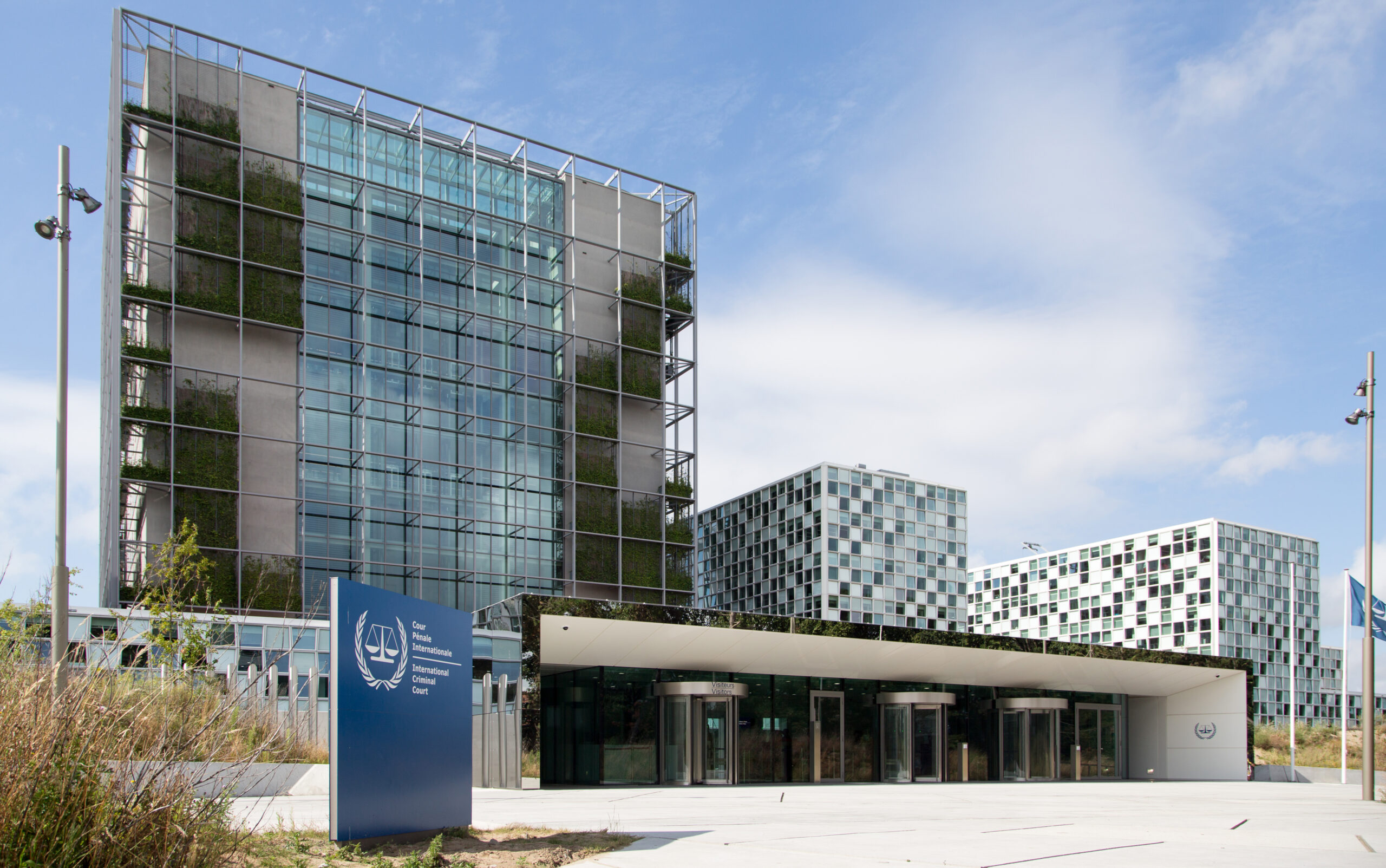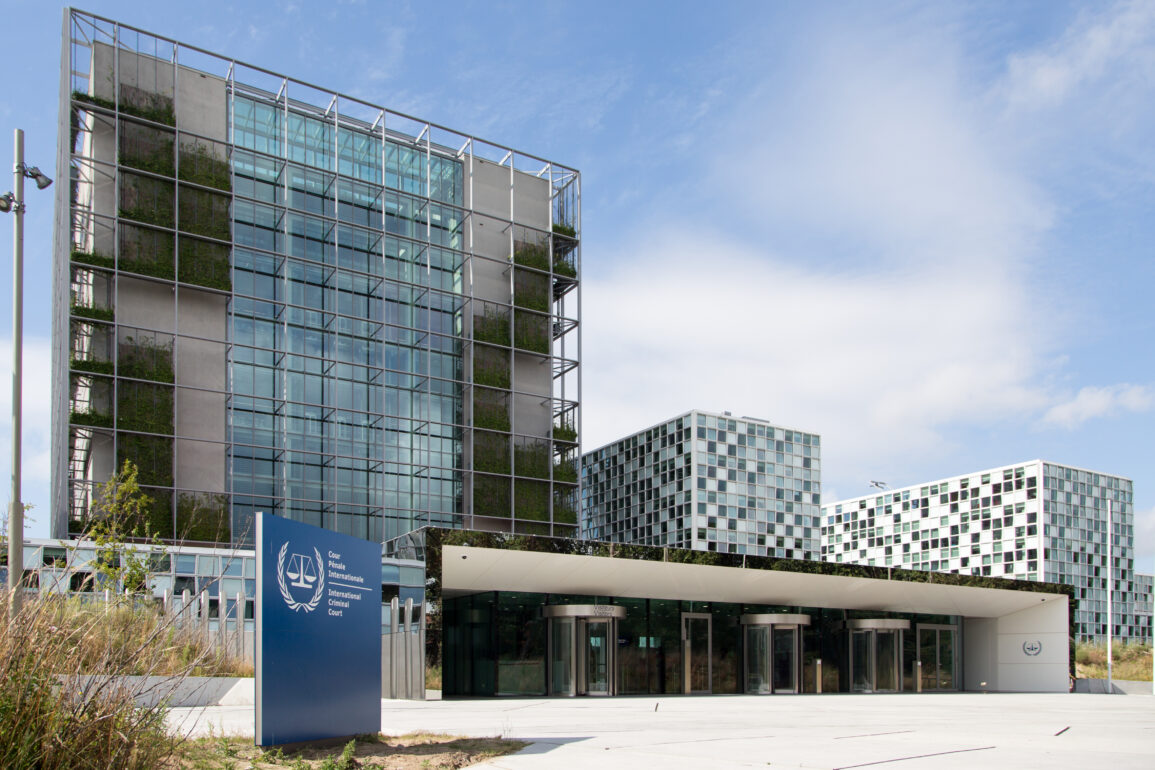
On 14-15 November 2023, the International Criminal Court (“ICC”) and the Government of the Republic of Korea held a high-level regional seminar titled “The International Criminal Court and the past, present and future of the Rome Statute – vision for greater regional solidarity” in Seoul, Republic of Korea. The event was attended by high-level ministerial, judicial and technical State actors from the Republic of Korea, Australia, Bangladesh, Cambodia, Japan, Maldives, Mongolia, Thailand, and Timor-Leste, and regional international organisations.
The seminar was opened by the Minister of Justice of Republic of Korea, H.E. Dong Hoon Han, Justice; Minister of the National Court Administration of the Supreme Court of Republic of Korea, H.E. Sang-Hwan Kim; the President of the ICC, H.E. Judge Piotr Hofmański; the President of the Assembly of States Parties to the Rome Statute, H.E. Silvia Fernández de Gurmendi; and ICC Deputy Prosecutor H.E. Nazhat Shameem Khan.
Minister Han stressed in his opening remarks: “The ICC was established to counter serious crimes against humanity and to protect lives and human rights. To achieve these goals, strong solidarity of the international community is essential, and the Asia-Pacific nations must pool their capabilities and wisdom.”
In his opening remarks, President Hofmański stated: “Apart from strengthening the ICC system as it now stands, we must also seek to expand the system by attracting more States to accede to the Rome Statute. This is essential so that we can extend the promise of justice to more people of the world.”
In her opening remarks, ASP President Fernández said: “I would like to acknowledge Korea’s contributions to the Court and the broader international justice, I would also like to extend my heartfelt gratitude for its unwavering dedication to the cause of universality of the Rome Statute.”
Deputy Prosecutor Khan said in her opening speech: “A key element of the work of the Office of the Prosecutor on cooperation and complementarity has been to develop a strategic roadmap – a clear concept that would provide a framework for our engagement with stakeholders and reinforce the Office’s and the Court’s broader goals – to position itself not as an apex, but rather as a hub for international efforts to deliver justice, promote cooperation and support complementarity at national level.”
Speakers included H.E. Sang-Hyun Song, former President of the ICC, H.E. O-Gon Kwon, former President of the Assembly of States Parties, and delegates from the participating states, as well as academia and civil society organizations.
Through an open dialogue and thematic sessions, the event helped to raise awareness of the ICC and the Rome Statute in the Asia-Pacific region and to strengthen dialogue between the ICC and key regional stakeholders on the Court’s mandate and activities, efforts to promote the universality of the Rome Statute, and opportunities to increase institutional exchange as well as partnerships and cooperation in the fight against impunity.
During his visit to Seoul, on 13 November 2023, the ICC President was received by the President of the Republic of Korea, H.E. Yoon Suk Yeol. The meeting was a strong reaffirmation of the close and cooperative relations between the Court and the Republic of Korea under the shared goal of ensuring respect for international law. President Hofmański thanked President Yoon for Korea’s longstanding support for the Court and its independent work in pursuing justice for the gravest crimes under international law. President Hofmański also met on the same day with H.E. Park Jin, the Foreign Minister of the Republic of Korea.
This Seminar forms part of a broader effort to enhance global understanding and support for the Rome Statute and the Court and to promote cooperation at the regional level. This includes the organization of or participation in high-level regional cooperation seminars and symposiums, technical events and workshops aimed at Government leaders and officials, parliamentarians, members of the judiciary, academics and civil society representatives. The seminar was organized with funding from the European Union.
More information about universality of the Rome Statute can be found here.
This post was originally published on this site be sure to check out more of their content.









